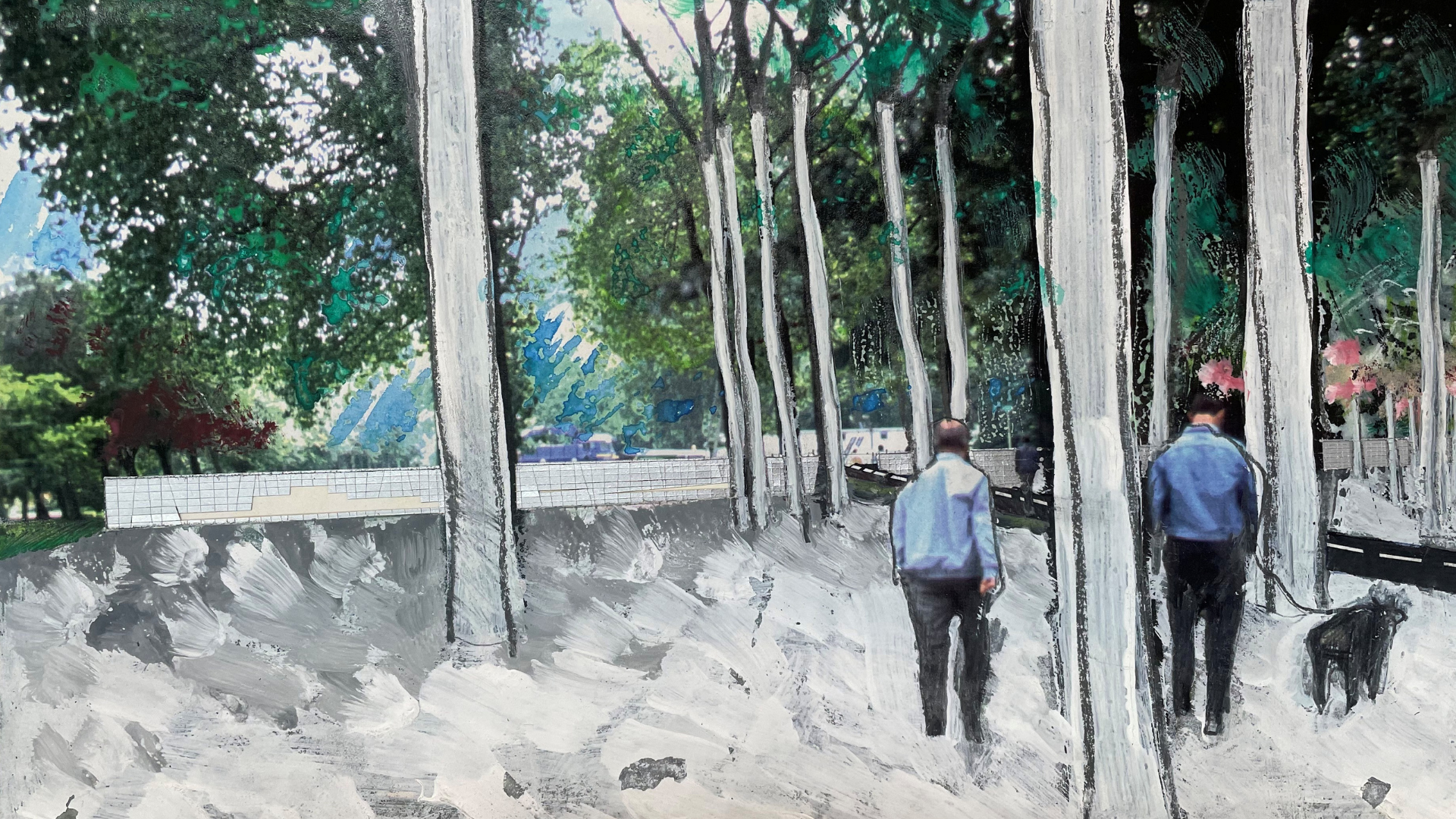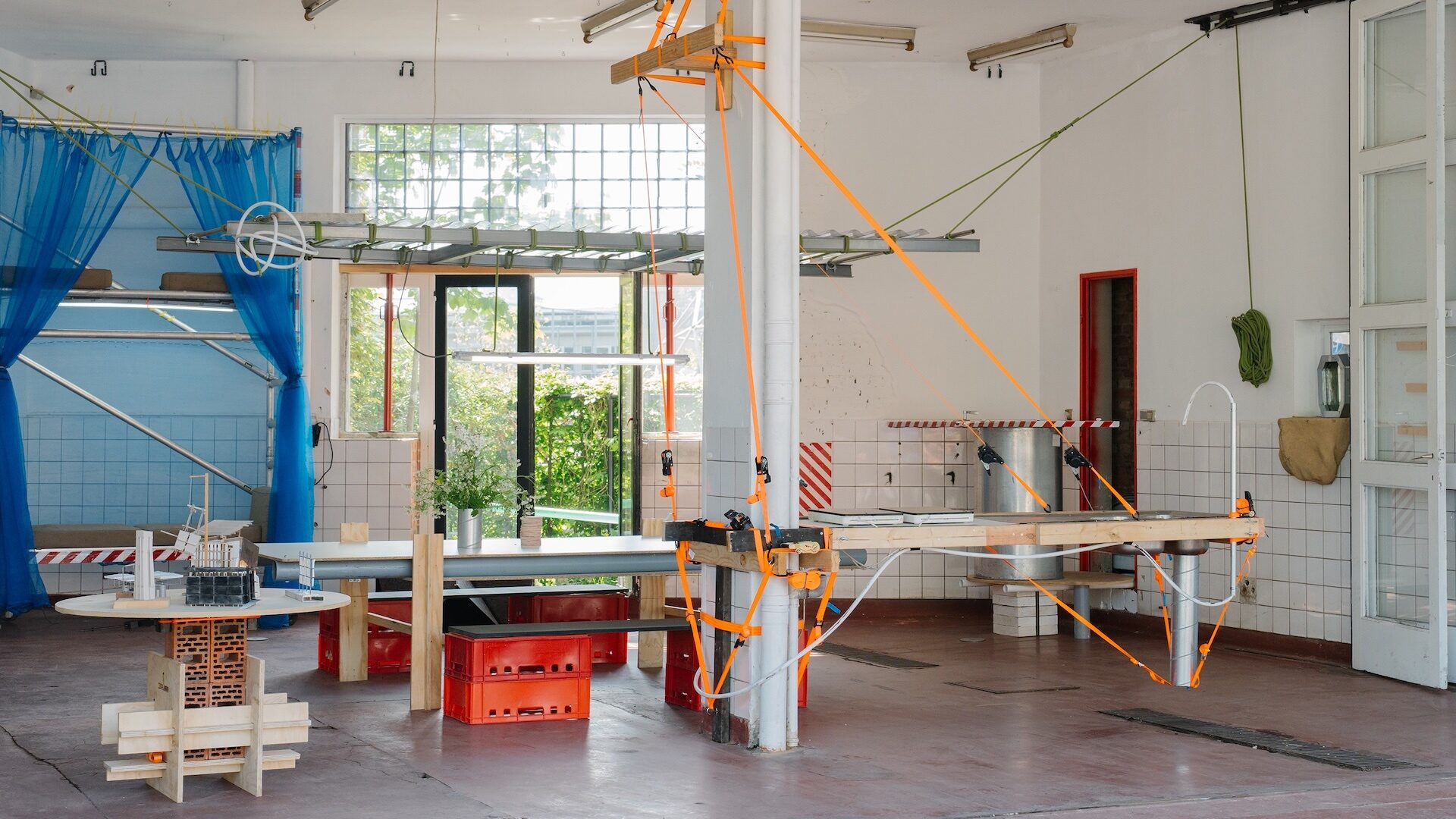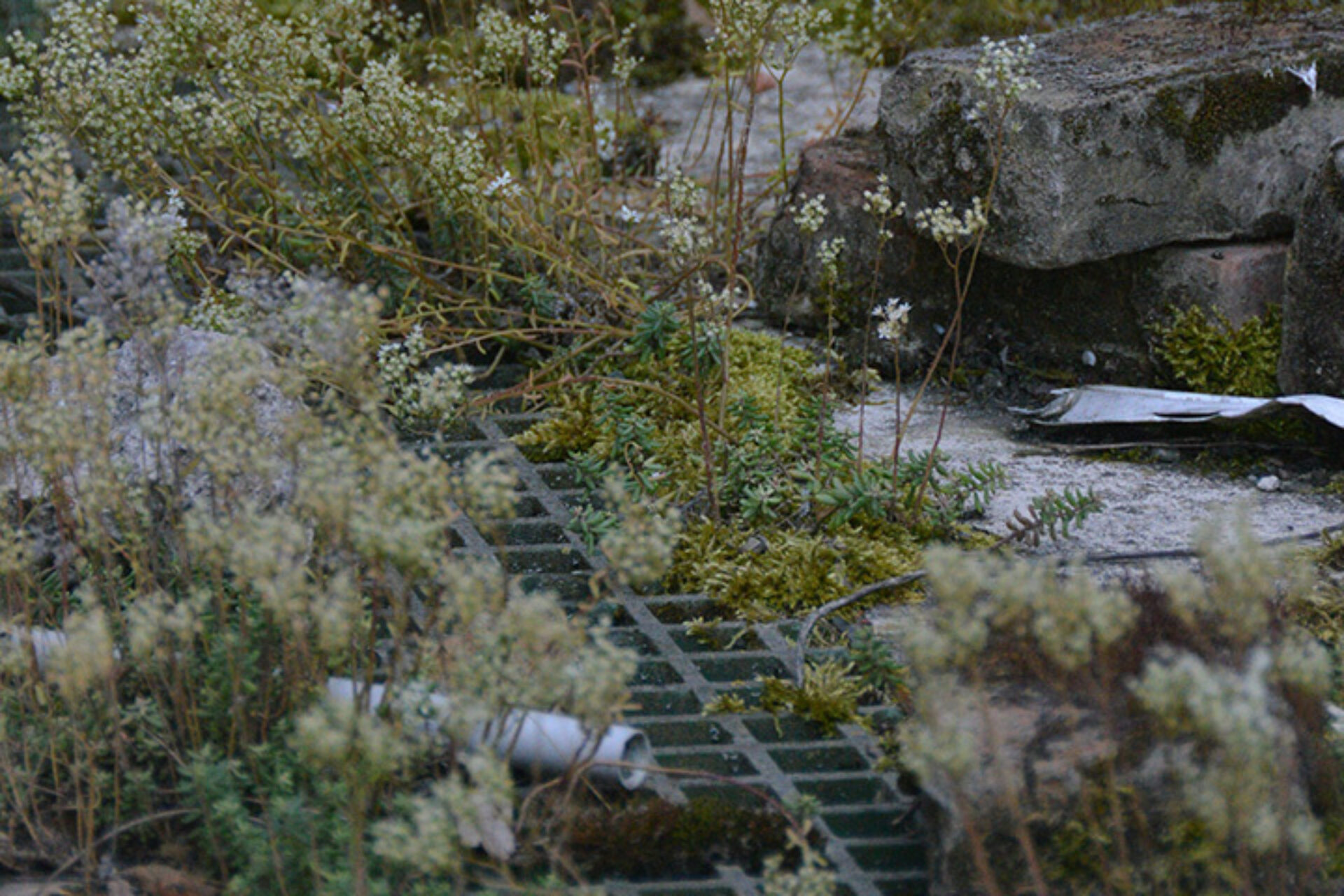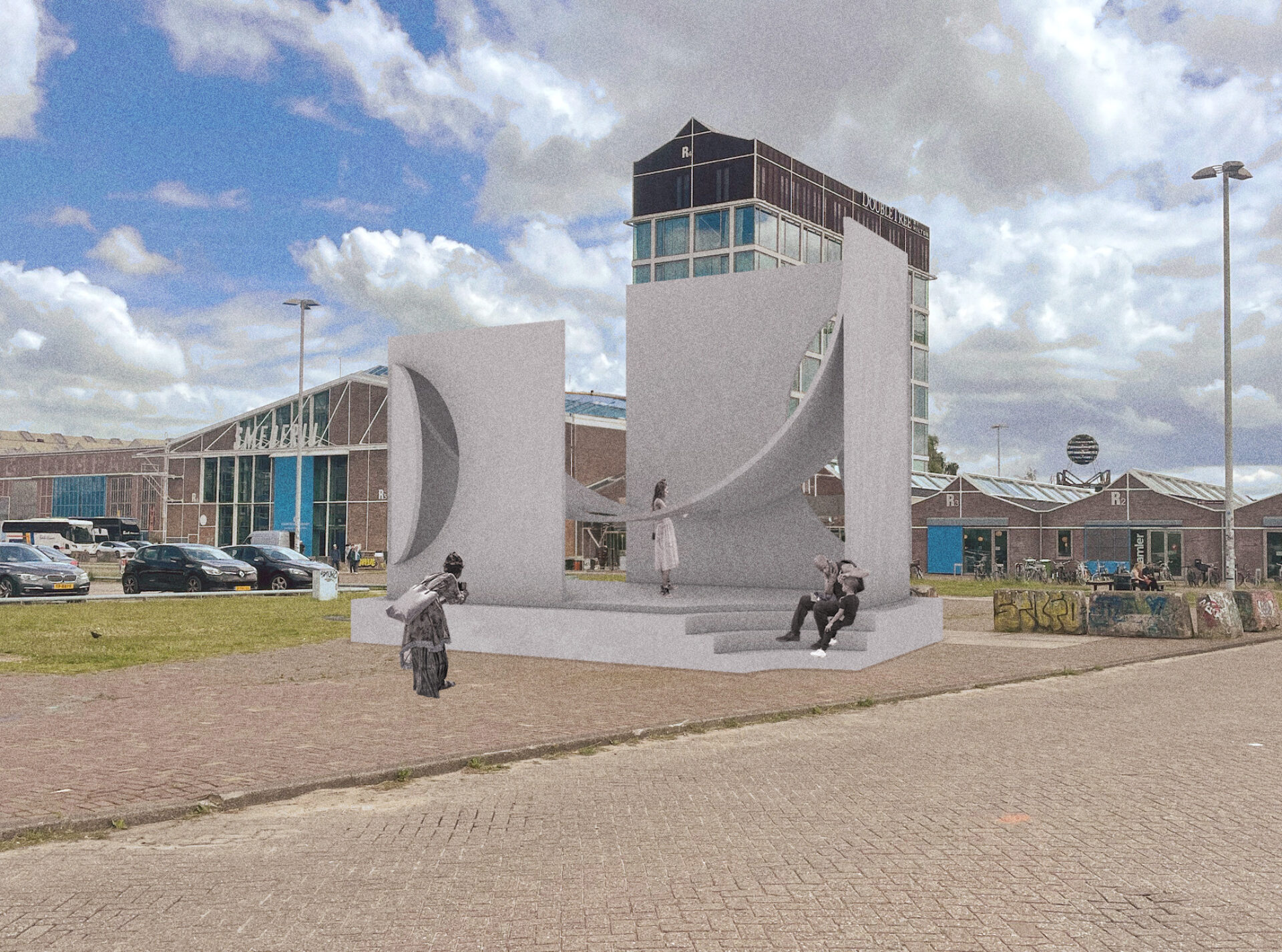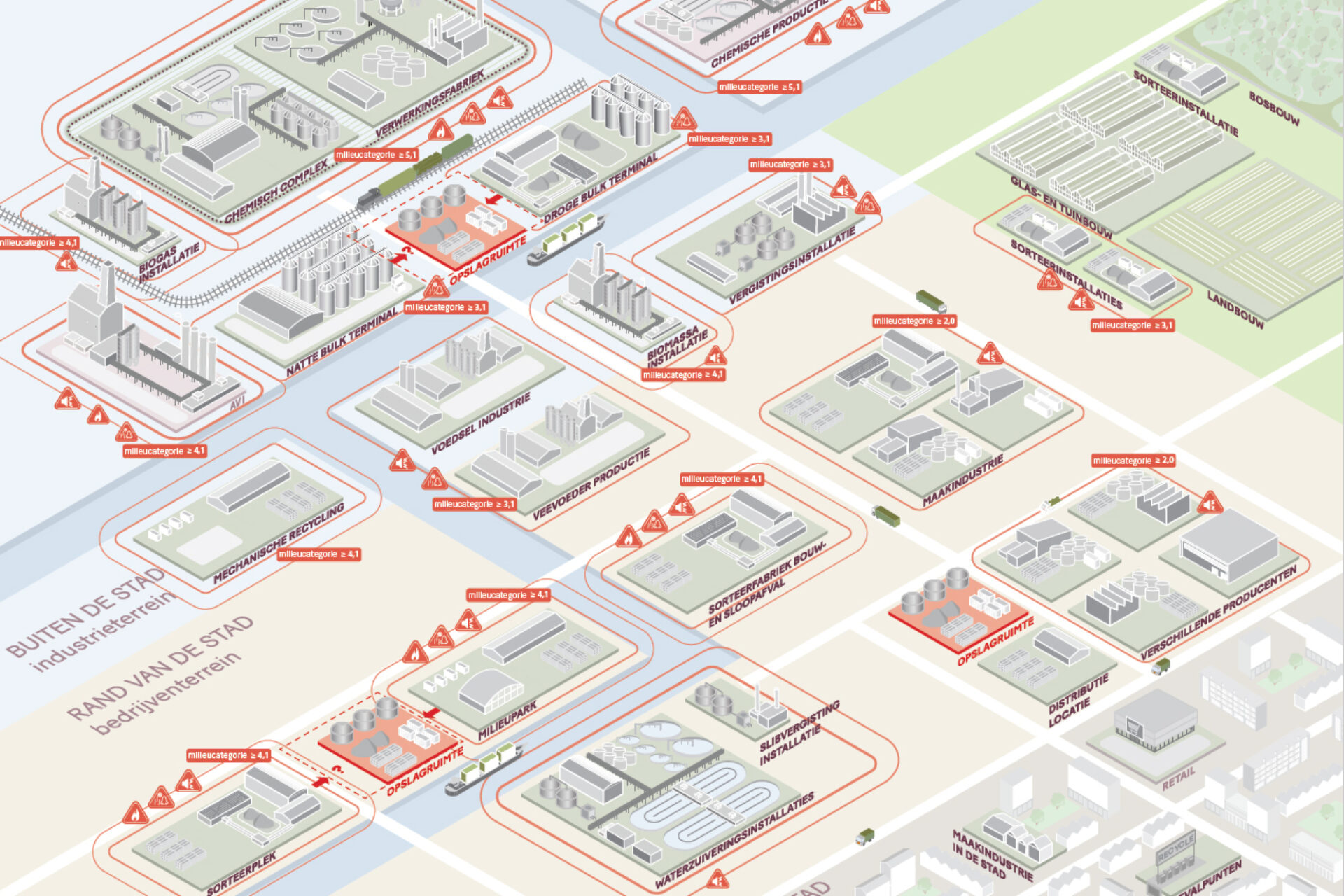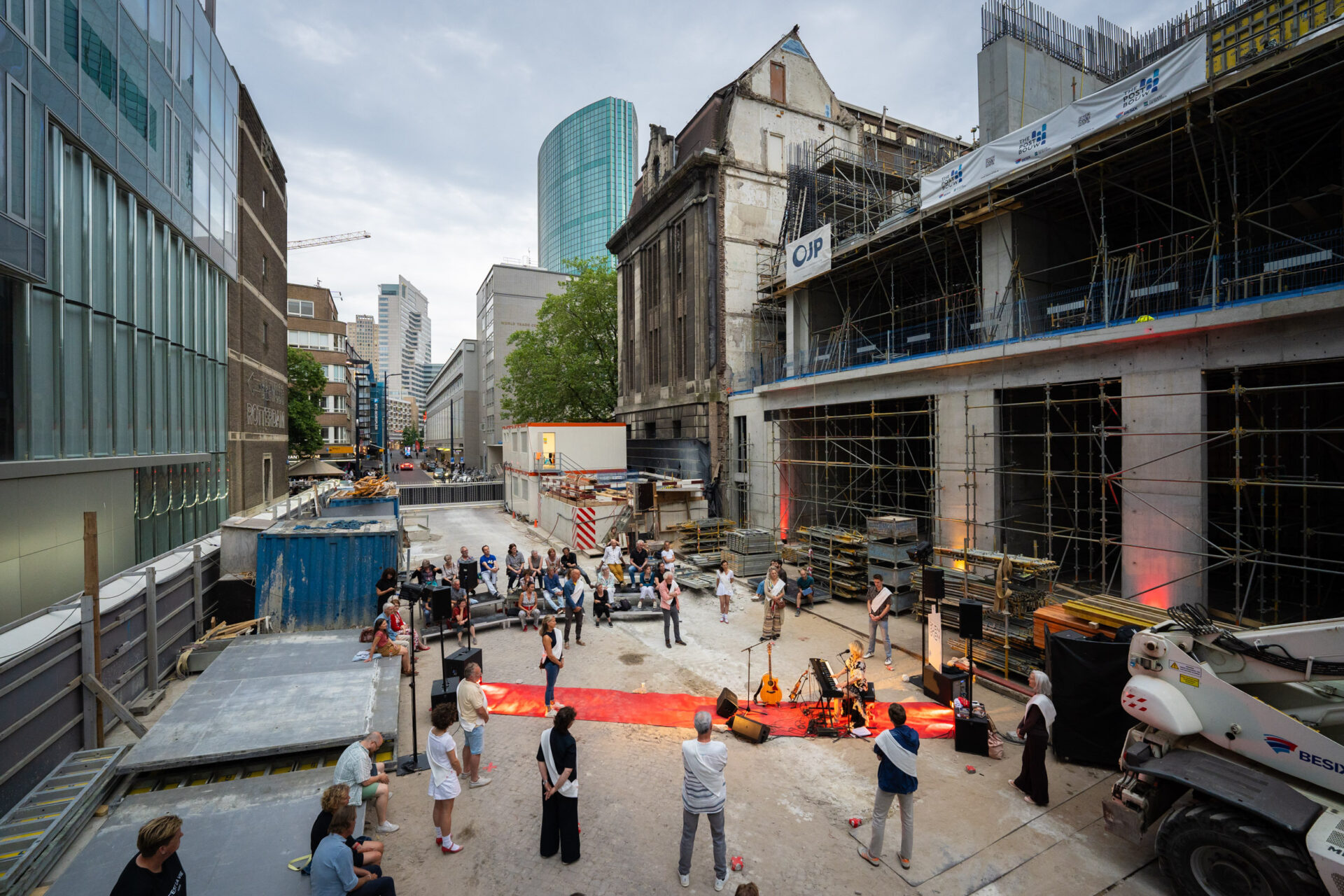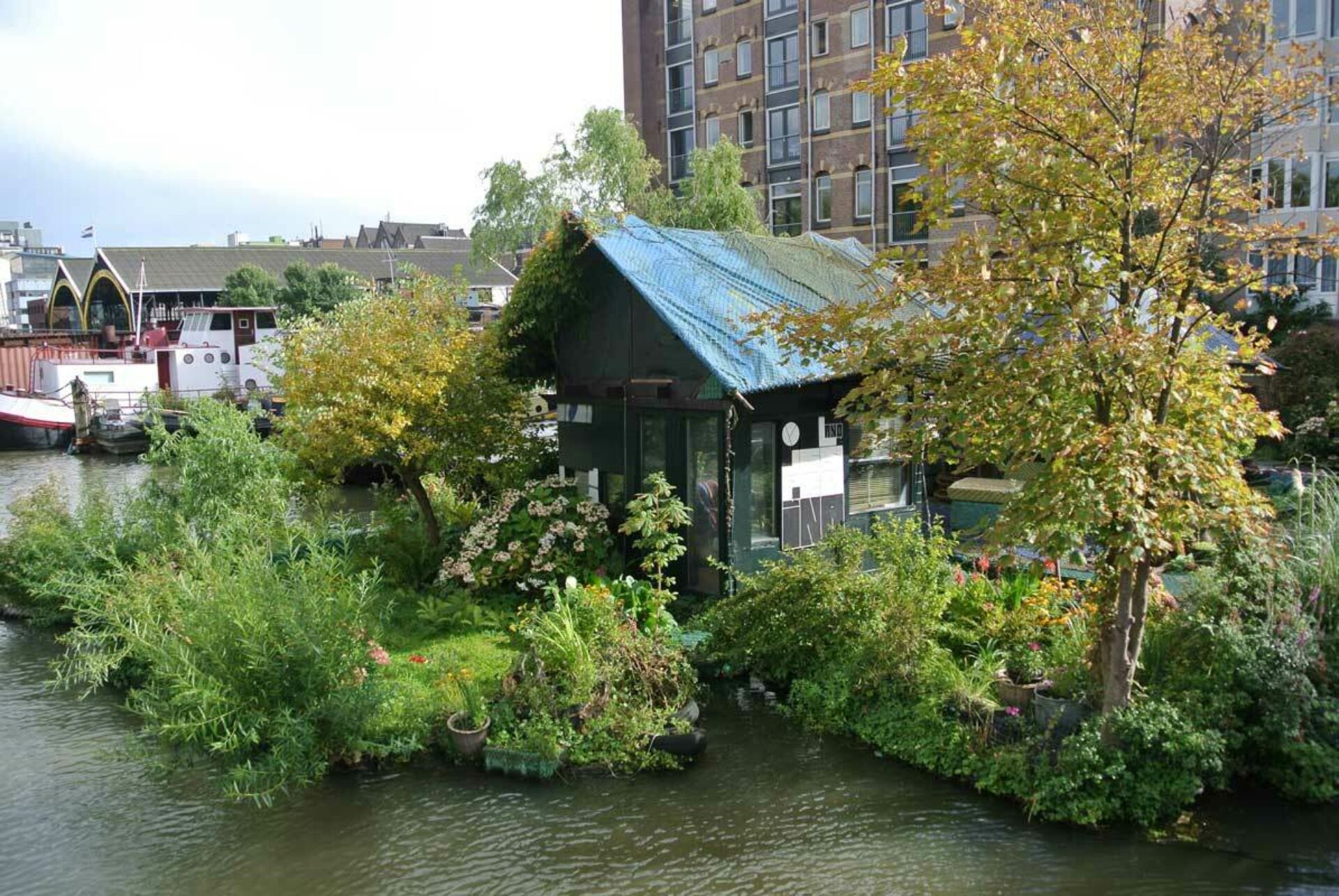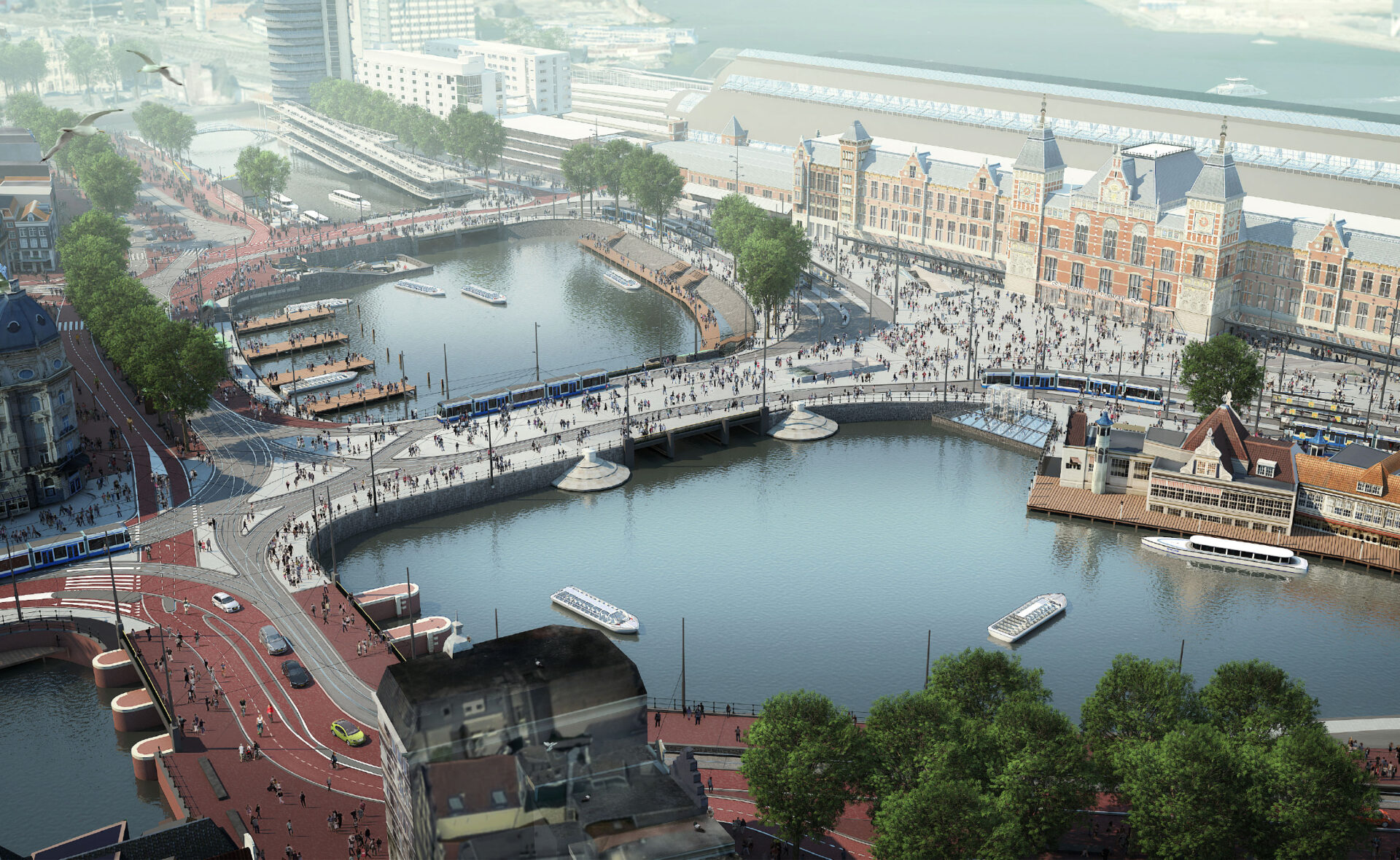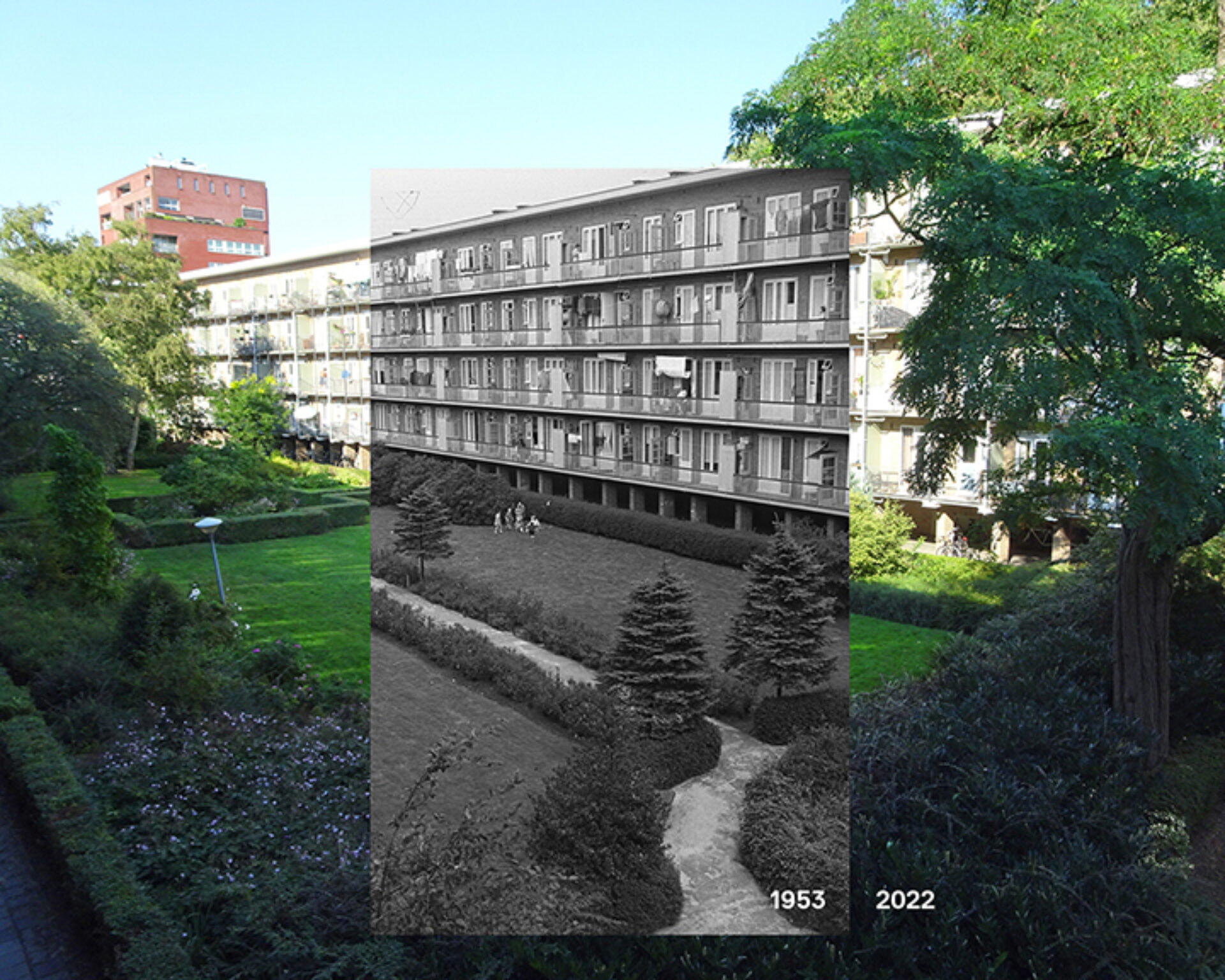Inclusieve strategieën voor vermindering van hittestress in stedelijke gebieden – Studio Brakenhoff
For the project Inclusieve strategieën voor vermindering van hittestress in stedelijke gebieden (Inclusive strategies for reducing heat stress in urban areas), Studio Brakenhoff investigates new solutions for urban heat. Using examples in Santiago (Chile) and Tokyo (Japan), practical measures are drawn up for vulnerable neighbourhoods in Amsterdam and Rotterdam. The aim is to achieve accessible and affordable strategies. The project will produce a handbook with practical guidelines, policy documents and an exhibition with prototypes and scale models.
numbers
For the first time since the introduction of the new way of working for the 2025-2028 policy period, this grant scheme has been carried out in two phases. In the first phase, 54 summary applications were submitted. The predetermined number of fifty applications was allowed to be supplemented with a detailed project plan, budget, timeline and communication plan. After a check on formal criteria and completeness, 42 applications were then assessed by the advisory committee. The available budget in this round was €385,000. Because the total requested amount of the positively assessed applications was higher than the available budget, prioritisation was applied. Twelve of the 24 positively assessed projects will receive subsidies.
follow-up
The next grant period, the third and final round of 2025, will be open from 20 August at 15:00, until 28 August 2025 at 16:00. Would you like to submit an application in this round? Take a look at the subsidy page of the grant scheme to prepare effectively.
